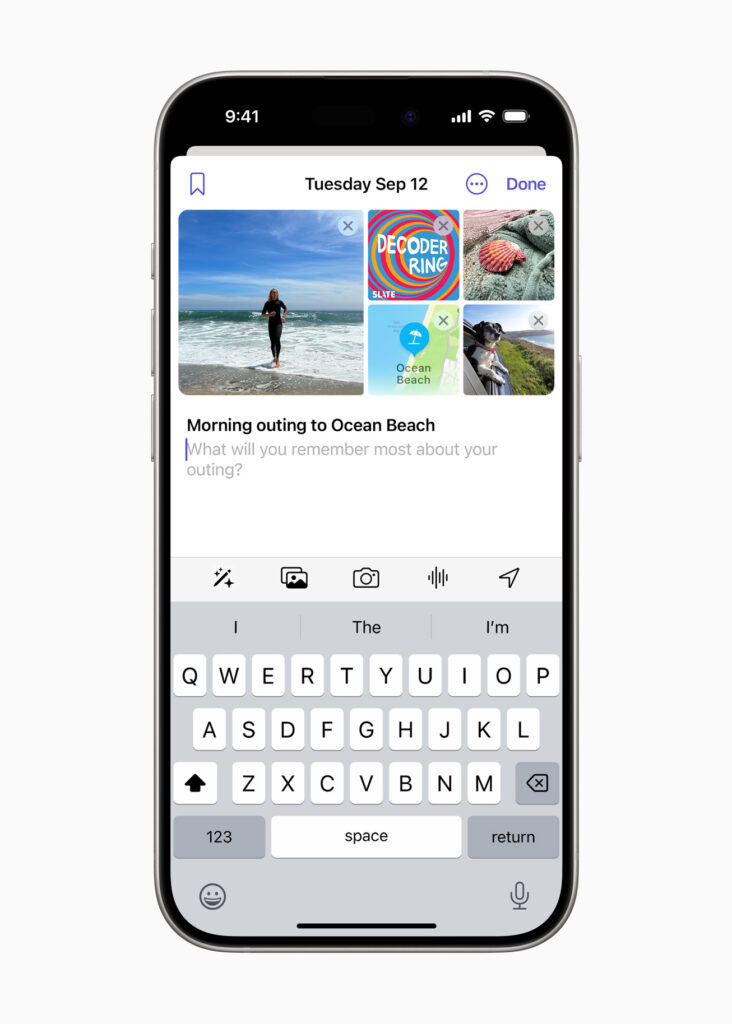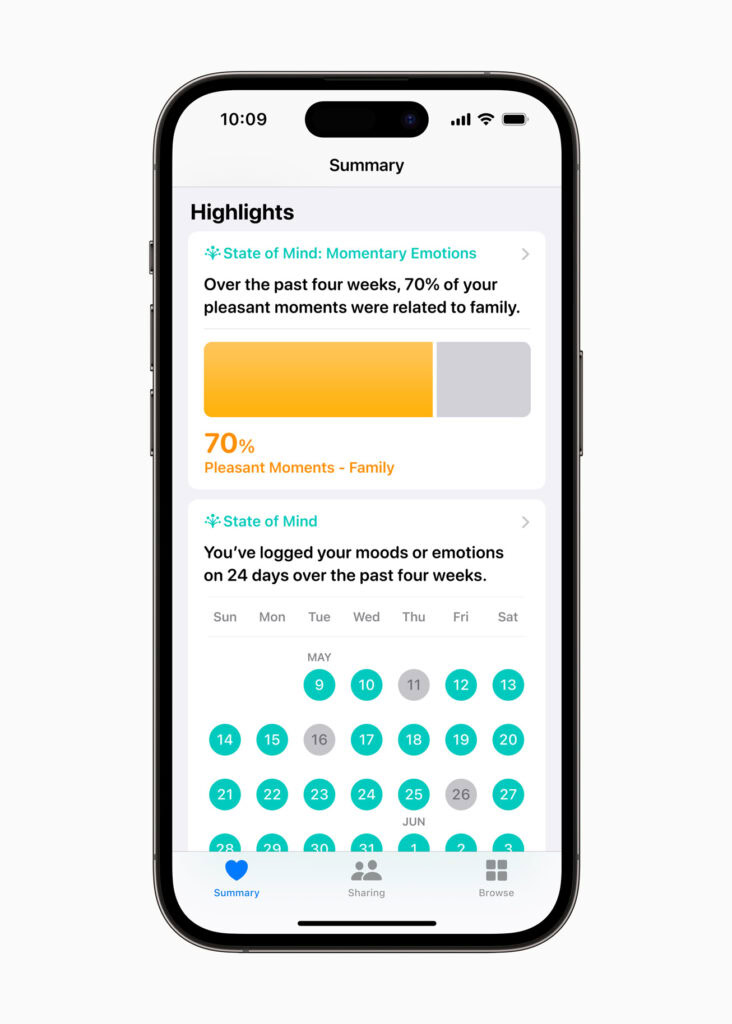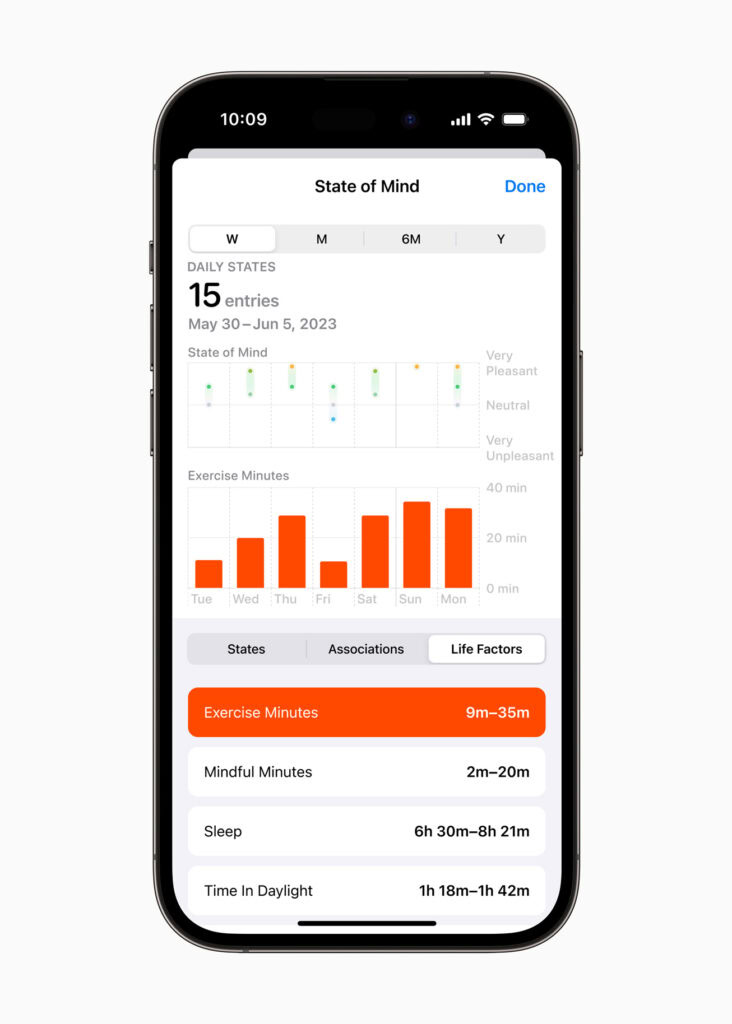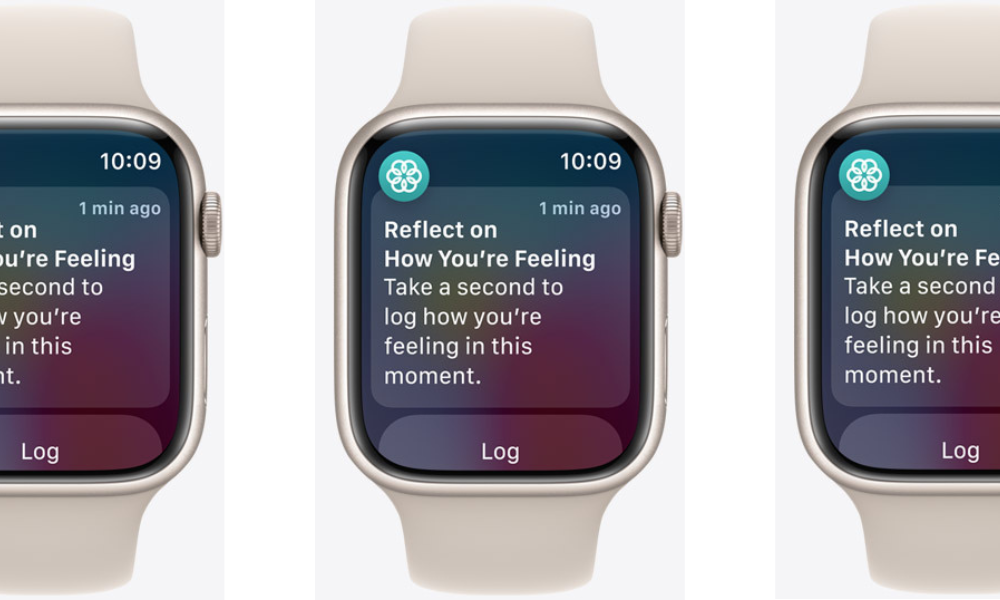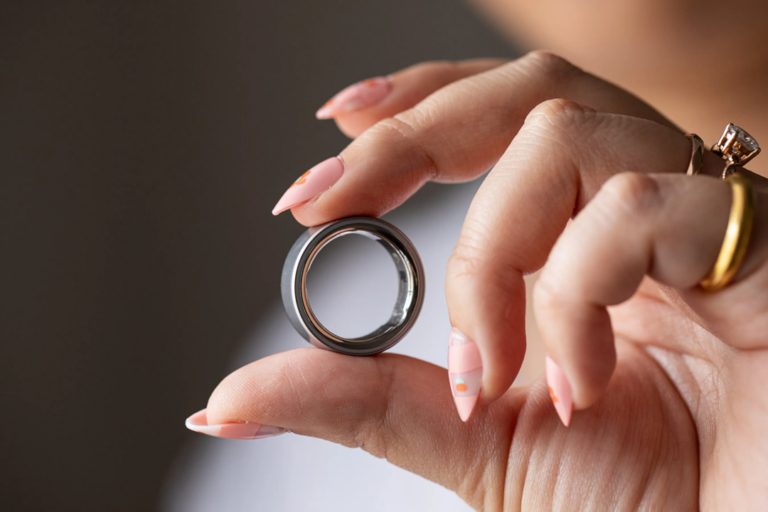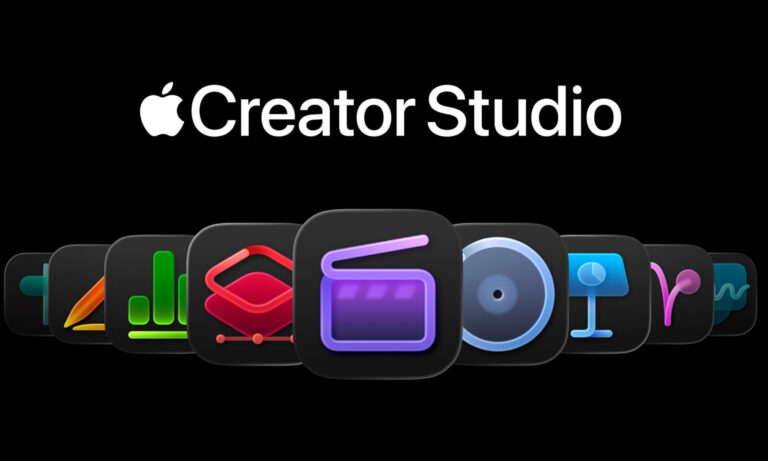Regulation of the Circadian Rhythm: In my opinion, this is one of the most essential roles of daylight; it helps to align our body’s internal 24-hour clock (with all its processes) to the outside world. This clock plays a vital role in the sleep-wake cycle and hormonal, physical, and mental changes in the body over a 24-hour cycle. Circadian misalignment can lead to sleep disorders, mood disorders, cognitive decline, and so much more! Whilst exposure to blue light (the light emitted from gadgets) is essential during the day to maintain wakefulness and alertness and promote well-being, its presence at night (using gadgets) becomes problematic and can negatively affect sleep quality.
My top tip: Reduce gadget use after sunset and aim to switch them off completely at least 90 minutes before bedtime!
Daylight’s impact on our mood is truly remarkable. It stimulates the production of serotonin, the ‘feel good’ hormone, in our brains. This hormone is linked to improved cognition, mood, and relaxation. By understanding this, you can feel optimistic about the potential of daylight to enhance your mental health.
My top tip: Aim to get at least 30 minutes of daylight exposure in the first half of the day to help promote wakefulness during the day and get better quality sleep at night!
A source of Vitamin D: Despite living in a region with abundant sunlight, the prevalence of Vitamin D deficiency in the Middle East is shocking, as high as 80% as seen in the International Journal of Functional Nutrition in 2022. Vitamin D can come from two sources: sunlight and food. Let’s talk about sunlight! When your skin is exposed to sunlight (particularly UV-B), it generates “active” Vitamin D (vitamin D3) through a series of steps from the cholesterol present on the skin. More and more, we have research that suggests Vitamin D is vital for maintaining strong, healthy bones and plays a role in glucose metabolism, immune function, cognition, as well as so much more!
My top tip: Don’t ignore vitamin D; be curious about your levels!
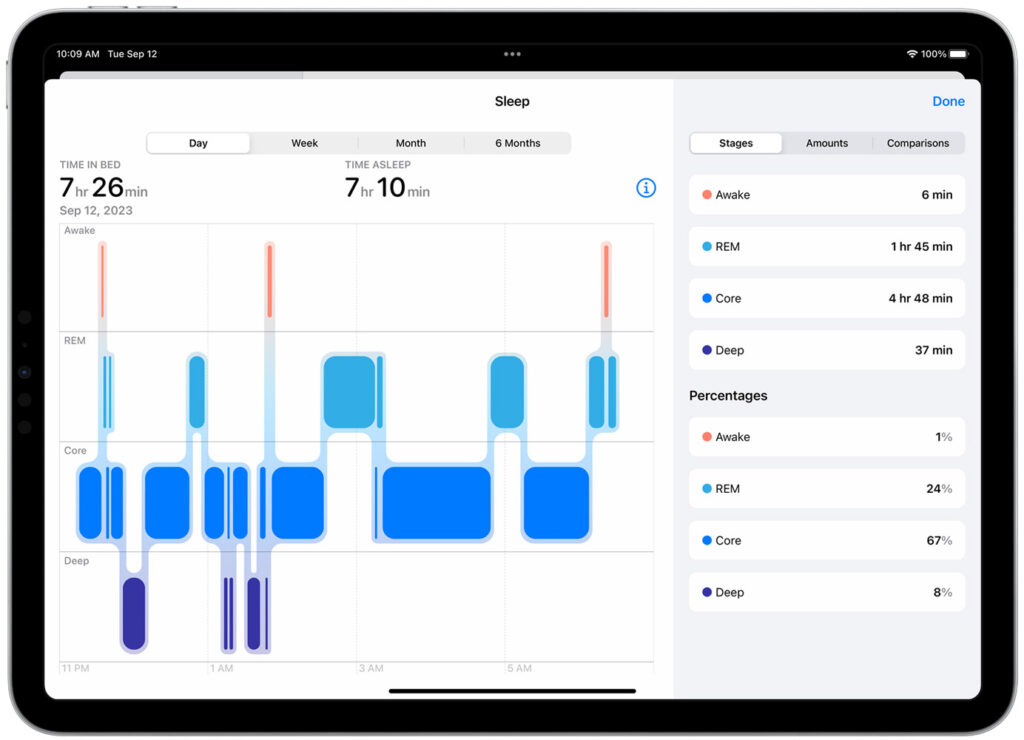
10 Tips to Boost Your Mental Wellbeing with Apple
- Log your moods and emotions: Research shows that reflecting on one’s own mental state can help build emotional awareness and resilience. Multiple studies by researchers have shown that identifying feelings reduces emotions like sadness and anger, and positively impacts our body by slowing our heart rate. The State of Mind feature on iPhone, iPad and Apple Watch allows you to log your momentary emotions and daily moods, seeing valuable insights on what might be contributing to your state of mind — whether it’s associations or lifestyle factors, such as sleep or exercise.
- Take mental health assessments:On iPhone and iPad, you can access the same depression and anxiety assessments often used in clinics to understand your risk level. You can share these results with your care team for more informed conversations.
- Track your time spent in daylight: Studies show spending 15 – 30 minutes outdoors can reduce anxiety, stress levels and increase positive feelings. With Apple Watch, you can track your time spent in daylight with the ambient light sensor, and you can view your the amount of time in the Health app. And for family members with a managed Apple Watch, you can also monitor how much time they spend in daylight.
- Reflect and practice gratitude:The Journal app lets you capture and write about everyday moments and special events in your life, and include photos, videos, audio recordings, locations, and more to create rich memories. On-device machine learning provides private, personalized suggestions to inspire journal entries, and customizable notifications help you develop your writing habits. Journal helps you reflect and practice gratitude through journaling, which has been shown to improve wellbeing.
- Reduce distractions and disconnect:Focus is a feature that helps you reduce distractions and set boundaries. When you want to concentrate on a specific activity, you can customize one of the provided Focus options — for example Work, Personal, or Sleep —or create a custom Focus. You can use Focus to temporarily silence all notifications, or allow only specific notifications — ones that apply to your task, for example — and let other people and apps know you’re busy. People who try to send you a message will see that you’ve silenced notifications, but they can still notify you if something is urgent. You can schedule a Focus to turn on at certain times, when you’re at a particular location, or when you open a specific app. When a Focus is linked to your Lock Screen, you can turn it on by simply swiping to the corresponding Lock Screen.
